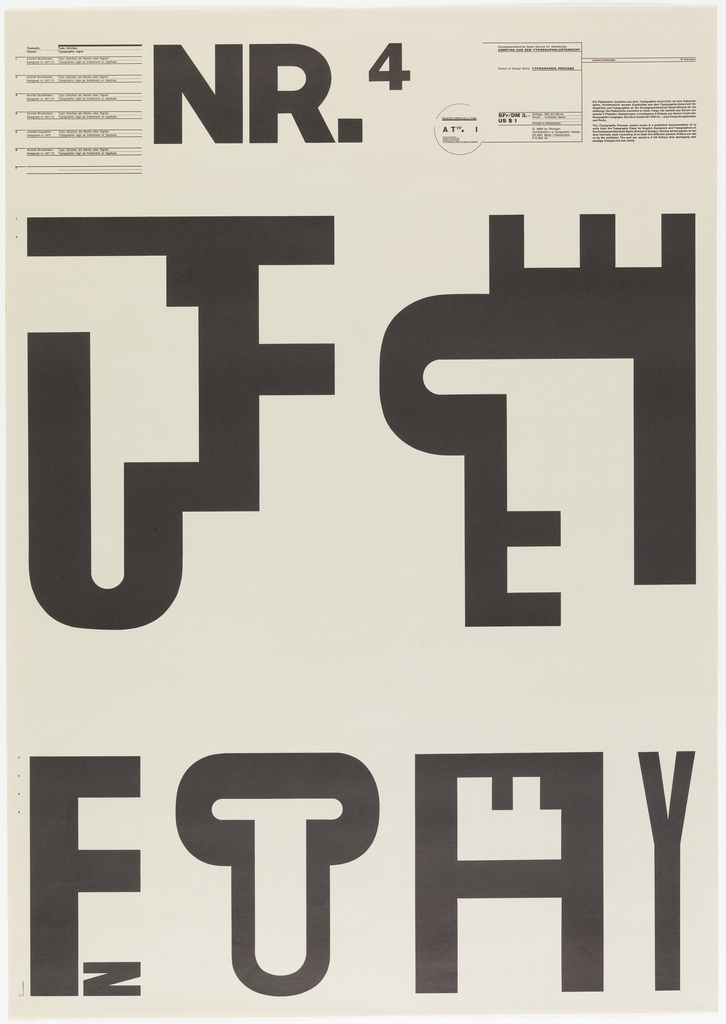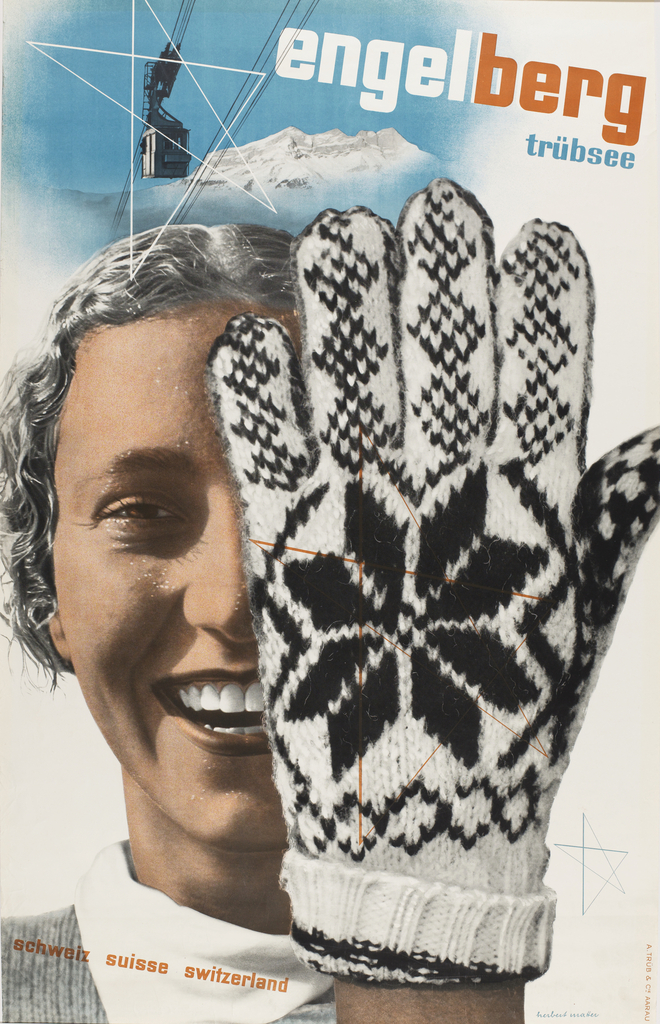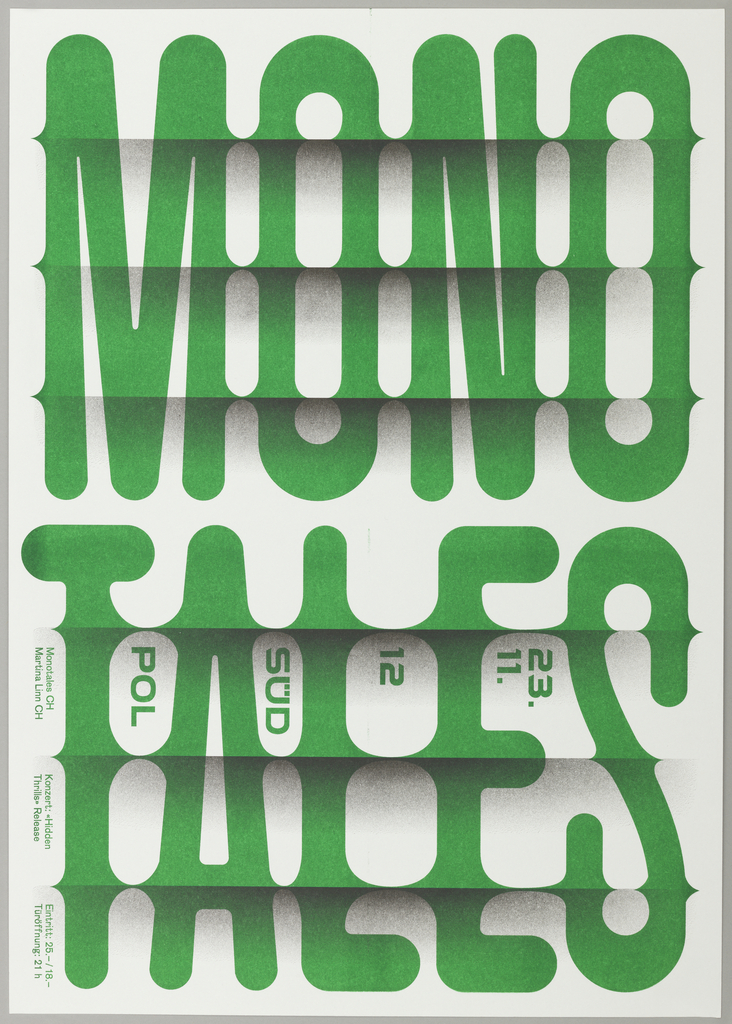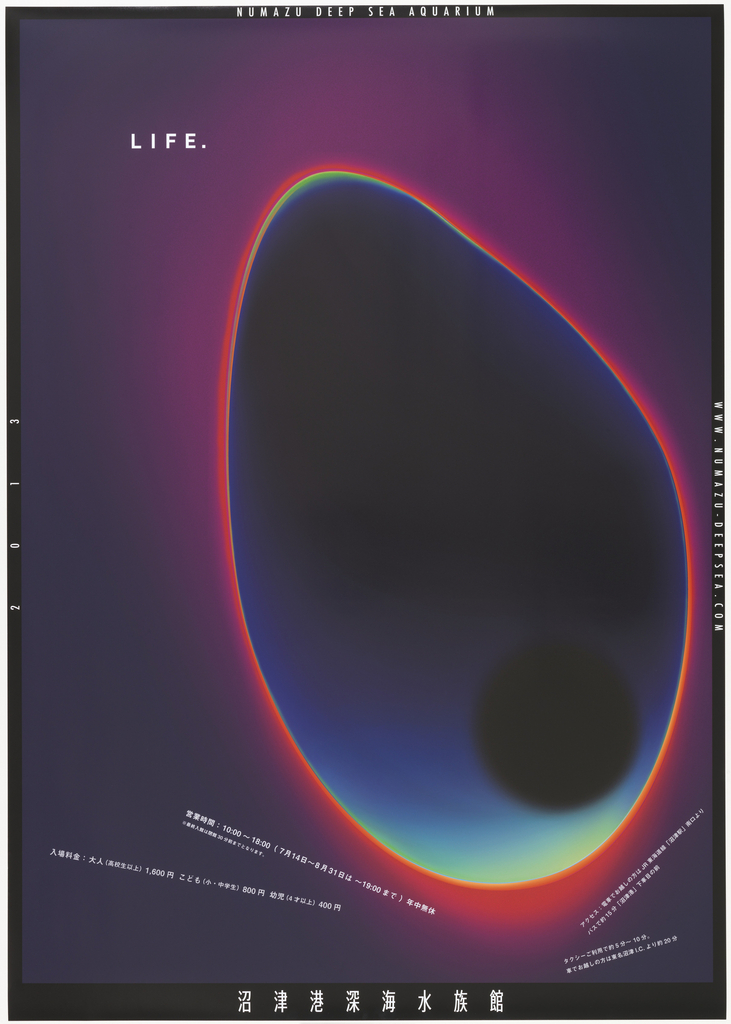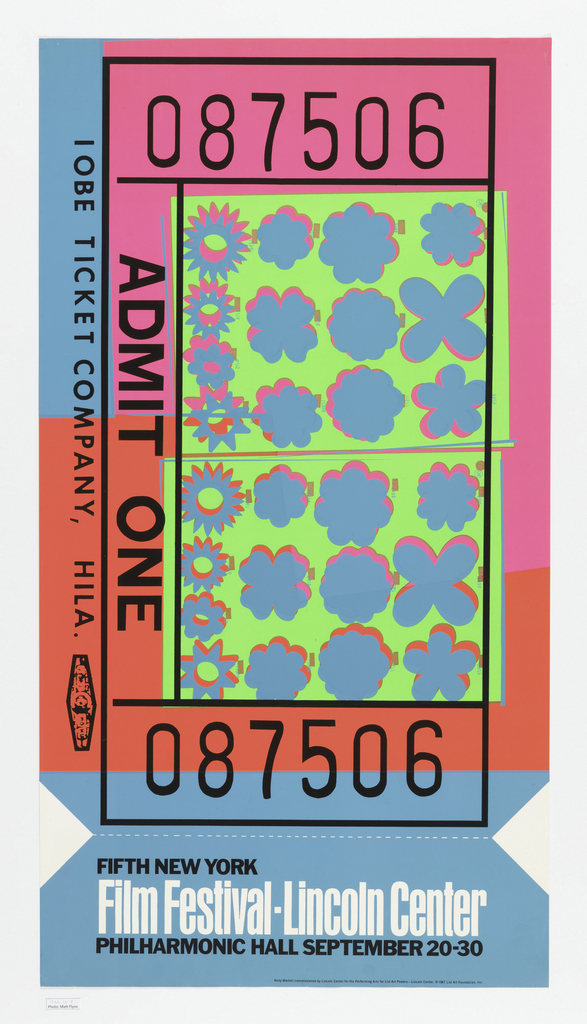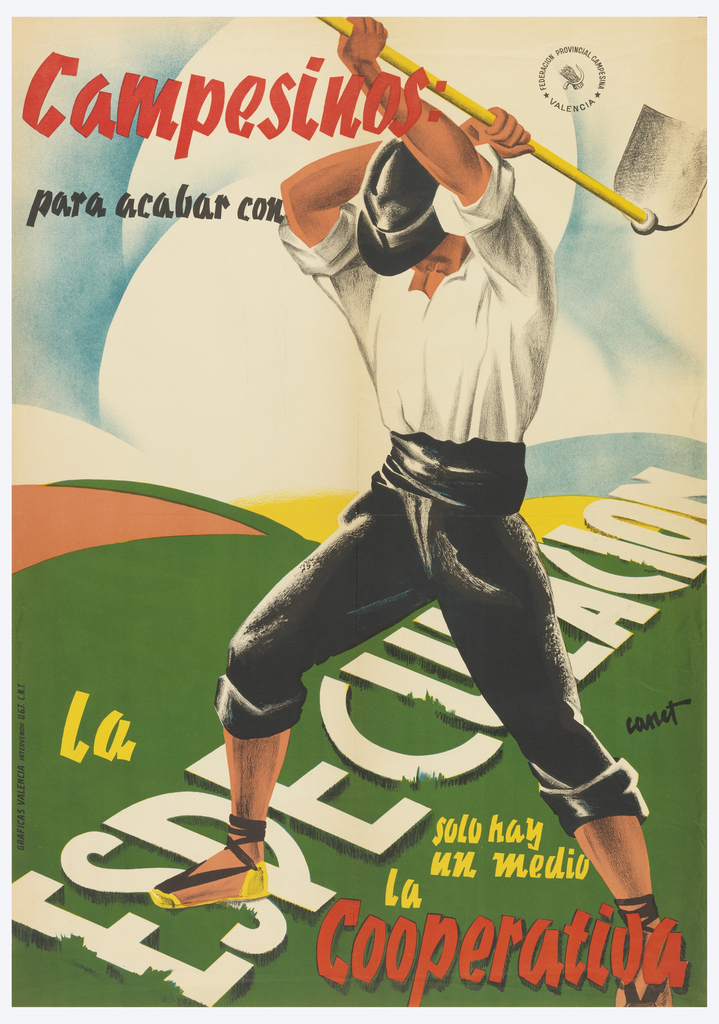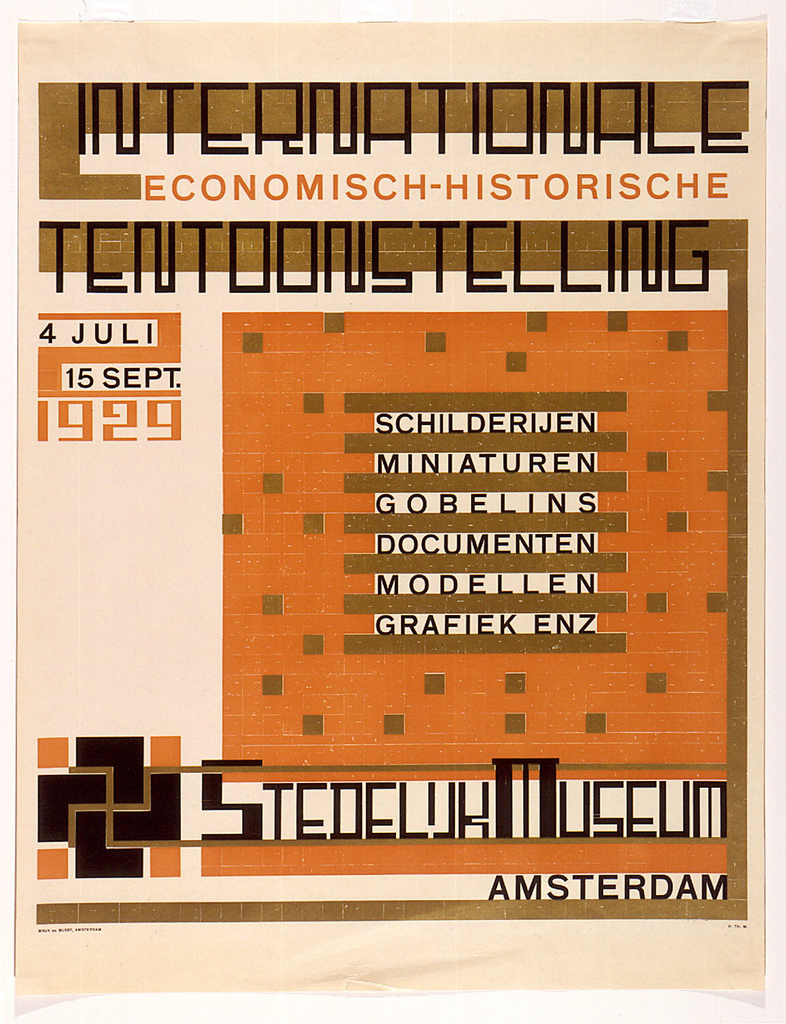American designer Dan Friedman was a student of Swiss master Armin Hofmann in the late 1960s. Friedman was working at Anspach, Grossman, Portugal, Inc., when the firm secured the account for the new Citicorp identity. He designed Citicorp’s logo and other key elements of the brand campaign. His poster for Citicorp Center, advertising Citicorp as...
In 1992, Karrie Jacobs and Steven Heller published Angry Graphics, a chronicle of oppositional images created during the presidencies of Ronald Reagan and George H. W. Bush. (An excerpt from Angry Graphics appears in the publication How Posters Work.) These passionate works were born in the heat of that period’s wars, epidemics, and economic upheavals. Jacobs...
While many works of design explore a blunt, diagrammatic simplicity, others challenge the viewer to fill in the blanks. Inspired by cubist collage, E. McKnight Kauffer created images with fluid boundaries. Wolfgang Weingart turned letters into parts of bodies and parts of other letters, playing with text as both language and not-language. In a series...
We can feel an image in our bones and muscles. We can also touch it with our skin (almost). The knitted wool glove in Herbert Matter’s Engelberg, Trübsee, Switzerland (1935) is so real we can almost sense it against our skin. Designers speak of “texture” as a basic design element, and yet this quality often...
Risography was invented in the 1980s in Japan as a cheaper alternative to xerography for small businesses. The machine is similar in appearance to a photocopier, but as a form of stencil duplication, it is akin as a printing method to screenprint. An image, designed to print one color at a time, is cut into...
The rise of digital printing has transformed the ability of graphic designers to produce and publish their work. Inkjet printing is a technique that propels tiny droplets of ink onto the paper. Laser printing— the updated method of photocopying—uses a laser beam to train back and forth across an electron-charged drum to define the image....
A screenprint is produced using a gauzy screen that has been stretched across a rectangular wooden frame. Ink is spread across the top portion of the screen by the printer, who then pulls the ink towards them with a rubber blade commonly known as a squeegee. The pressure forces the ink through the screen and...
Around the turn of the twentieth century, the new process of offset lithography emerged within the commercial printing industry. “Offset” refers to the process of transferring ink from a flexible matrix to a rubber cylinder, which then transfers the image to the paper. Offset printing replaced heavy stones with light, flexible plates and automated the...
Letterpress, introduced in the fifteenth century, employs individual elements of wood or lead cut into letterforms, rules, and ornaments and pieced together to form a composition. Held together in a rectangular frame known as a chase, the elements that receive the ink are raised above the rest of the surface. When ink is applied, it...


